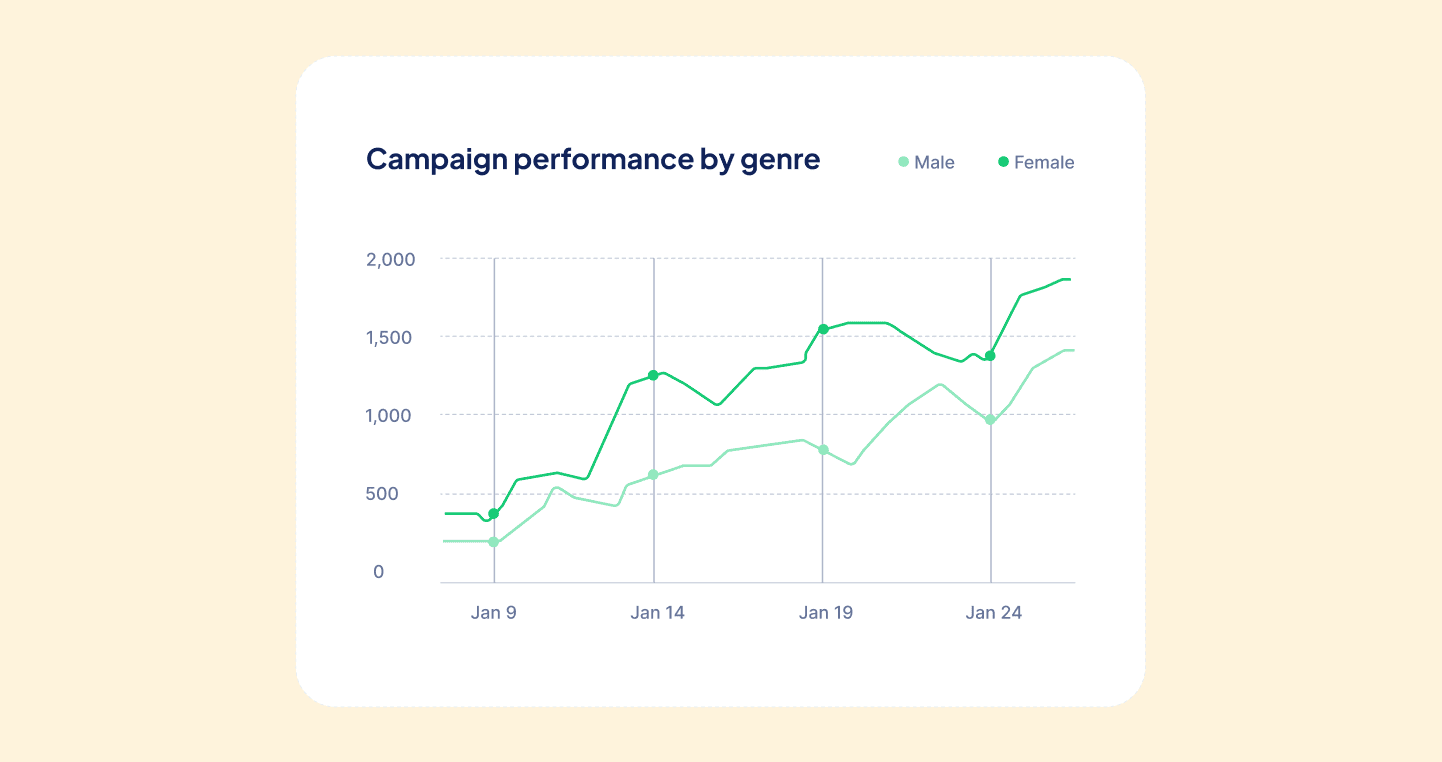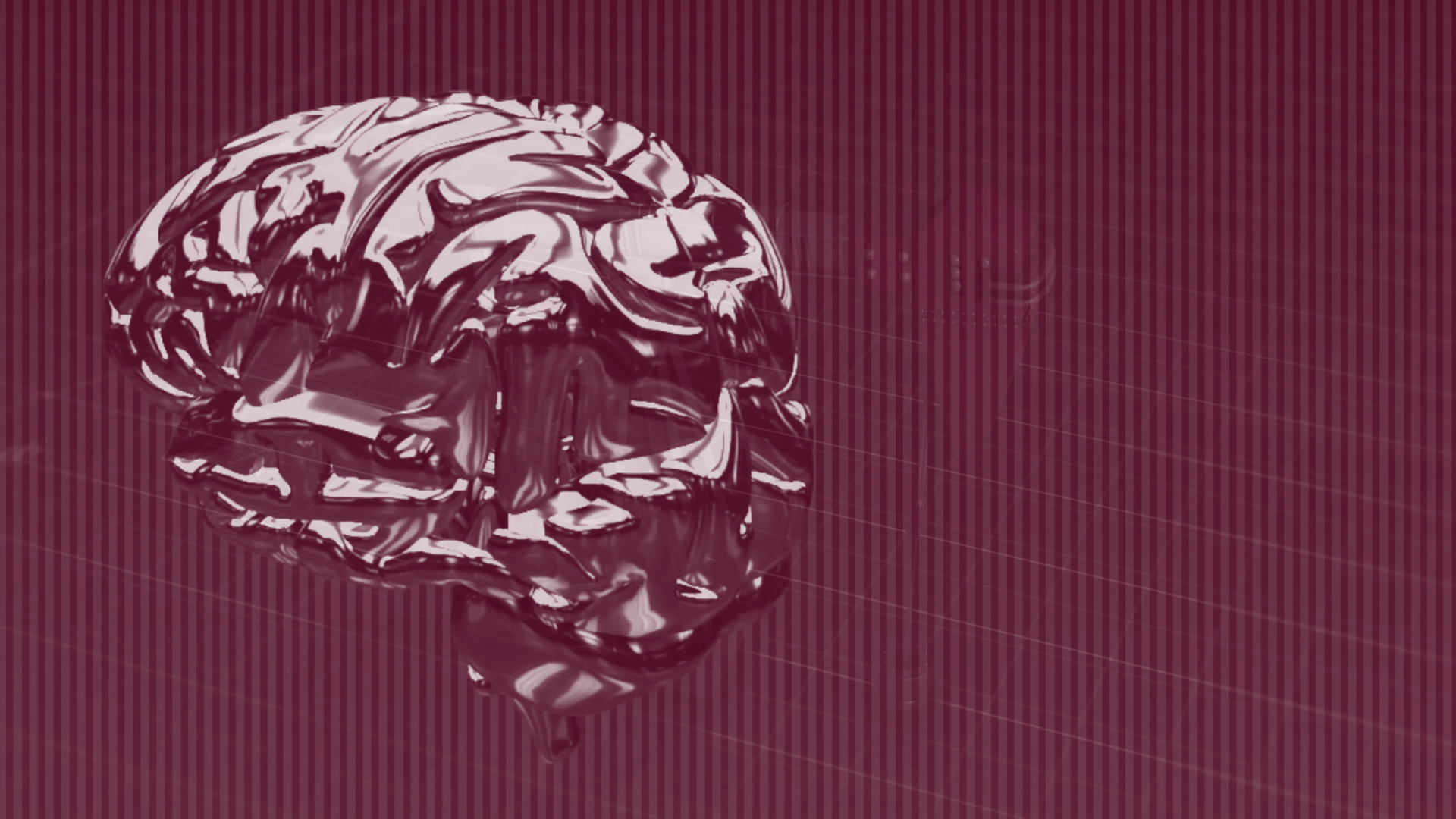This isn’t easy to write. It takes me back to a dark place. Thinking about where I was 10-15 years ago is really scary—and to be quite honest, I don’t think I’ve ever gotten this real about my “demons.” What finally got me to get my fingers moving on this keyboard was not the external motivation, or 10 cups of coffee. For me, it’s that I know within my soul this needs to come out, because I don’t see or hear it spoken about very often. My hope is that after reading this blog, you may have a deeper understanding of and compassion for people with diabetes... and the fact that sometimes, it’s not just one disease you’re managing at a given time.
I was like many other people in the sense that my first thought when my doctor mentioned the word diabetes was “overweight,” “unhealthy,” “elderly,” etc. When I got this diagnosis, I thought there was no way that I—a healthy 11-year-old girl who played sports and was in dance—could possibly have this. This ugly word that starts with “die.” I wasn’t prepared for the news, and I definitely wasn’t prepared for the mental health challenges that would come along with this disease.
National Diabetes Awareness Month
Every November is a very special time for me, but it can also be a tough time. Thinking about all of the things I’ve learned about myself throughout the years of battling this disease, and also thinking about the many years I spent being angry and hating the world, thinking about how sometimes, I still do. I used to be so embarrassed anytime someone would notice me checking my blood sugar under the table during lunch. Remembering that one time a school resource officer pointed out my insulin pump and laughed, and said “Who wears beepers anymore?” Experiences like that left me feeling alone, isolated and even angrier than before.
There were so many days I’d experience burnout. I wanted to give up, wanted help, but never knew how to ask. I continuously heard the long list of complications associated with diabetes, like kidney failure and dialysis, liver failure, neuropathy, blindness, amputation, sexual dysfunction, and skin issues. It felt overwhelming. I knew that it wasn't something I could slack on without serious consequences, either immediately or further down the line. I knew this was now my full-time job.
My family and I were in so much fear when we left the hospital in 2006. A part of me feels like the time of my diagnosis (at age 11, heading into middle school with hormones raging) was probably the worst time for me to start living with this disease. As I was desperately crying out for the freedom to live my life, my mom was so overwhelmed with fear that she’d end up putting me in the ground one day that she restricted me even further.
Diabetes, Family, and the Holidays
I remember the first Thanksgiving after my diagnosis, and wow, that was rough. Today, I absolutely think of my mother as my guardian angel; but back then, so much of me resented her. The holiday meals I remember enjoying and loving most of my life now became dreaded events filled with:
“Did you check your blood sugar?”
“How much insulin did you give?”
“How many carbs are you eating?”
“You really shouldn’t eat that.”
“Can you eat that?”
“We need to check your level again every hour after you eat to make sure it doesn’t go high.”
“Ugh, I’m being so bad, I shouldn’t have this.”
“Really? Another plate?”
During the holidays, my family members would watch my mom and I go back and forth as our relationship got more and more strained. Whether it was someone asking me something about food, or me overhearing other conversations about food and people’s bodies, I felt like I just couldn’t take it anymore. I remember crying all the time because my blood sugars were never perfect, and neither was I.
As I turned 15, my body started to change, like any normal teenage girl’s body would. At family gatherings, I went from being called “flaca” (which means skinny, and I wore it almost like a badge of honor) to “gordita” (fat), fielding questions like “¿Que te paso?” (“What happened to you?”). That’s the thing about Hispanic culture—we’re all about these terms of endearment that can actually be quite offensive and damaging, but everyone else just thinks of it as a cute nickname. My mind was taken over by all of these voices other than my own. Depression and anxiety crept up on me going into high school, along with an eating disorder that's specific to diabetics called Diabulimia.
Diabulimia, Diabetes, and Depression
Diabulimia is an eating disorder that affects people with diabetes, in which the person purposefully restricts their insulin so they’ll lose weight. When I was diagnosed with diabetes, I remember a social worker coming into the hospital and very briefly telling me about this thing that affects teenage girls with diabetes, but I was so overwhelmed I didn’t pay an ounce of attention until it happened to me. Prior to my diagnosis, I had lost 20 pounds—and while everything else in my life seemed to be going out of control, my weight was the one thing I knew I could control. I thought to myself “Well, if I lost that much weight then, surely I can do it again.” And before I knew it, I became one of those teenage girls that social worker had warned me about.
I started to restrict my insulin intake, giving myself just enough so that “nothing serious” would happen: just enough so that I wouldn’t end up throwing up nonstop, just enough so that I could keep walking around with a smile on my face. Meanwhile, I was feeling like I was trapped inside my own body, like it had failed me, like I no longer recognized this “sick” person in the mirror, and I truly hated myself. But I was skinny, and that was all I ever wanted or cared about. I put all of my worth as a person in the way I looked, forgetting that there was so much more to me that I needed to discover; things way more beautiful than what was visible to the eye. There were times I truly felt death watching over me as I slept, just waiting for the day I pushed it a little too far. I wanted more for myself, but I knew that there was no way I was going to be able to accomplish all the hopes and dreams I had for my life as I was slowly killing myself.
Listen, I’m not here to tell you that eating disorder recovery is all rainbows and unicorns. In fact, it’s probably one of the hardest recoveries out there because you have to face your demons anytime you feed yourself for the rest of your life. It comes and goes, but it’s never really gone, and it’s hard to know what might trigger it. It took me years of pain, years of pushing my body to the edge, years of my family members begging me to get better; nothing was going to change until the day I said “Enough.”
I went to a therapist when I was around 17, who told me that she could not provide me the level of care that I needed, which was much higher than what I was getting. She recommended treatment, and we didn’t even fathom the thought of me not finishing school or getting behind. But it happened. It wasn’t until I was about 21 years old that I started adopting healthier habits for myself. I started exercising in moderation, doing yoga, meditating, and creating safety within my own body. I was going to therapy because I WANTED to. I wasn’t falling for any crash diets, instead just practicing being mindful of what I was putting into my body. I started joining Diabulimia/diabetes support groups on Facebook and unfollowing any triggering or unhealthy social media pages. I began setting boundaries with family around food and body talk during the holidays and even throughout the year.
Navigating Language Around Food
I struggled with how I could end this blog, but I reminded myself that in order to be true to myself, I have to be real about my experiences. There aren’t many resources out there that I can truly vouch for as reliable. Most eating disorder treatment centers don’t treat these dual-diagnosis co-occurring conditions, or even know what Diabulimia is. My recovery path is probably not what people would typically undertake in dealing with something this serious. To me, what is most important is to explore different options and find what really works for you. For example, I love being able to talk to people that personally understand what I’m going through. That’s why I appreciate peer support so much.
I do want to want to leave you all with some helpful examples of ways to set boundaries with families and yourself around food/diet talk that have helped me. Hopefully this can be of service to you during the holiday season.
- Excuse yourself. You don’t even have to explain why. But if you want to, you can say you’re going to the bathroom.
- Share a different perspective. Maybe explaining how, in your experience, dieting or speaking negatively about your body hasn’t been helpful for your mental health.
- Come back to it. Sometimes the heat of the moment isn’t a good time for you to respond calmly, but coming back to the conversation one-on-one with that person later can help you better explain how certain conversations hurt you, and how you’d like them to be mindful of that in the future.
- Change the conversation. This conversation might be headed south really quick, and you’ve just gotta find a way to change the subject to something more positive for you.
- Opt for a “body talk-free” zone. Make an agreement while you are at the dinner table, over the holidays, or visiting family not to talk about food or bodies in a negative way.
- Be willing to remind people! Most people aren’t intentionally trying to cross your boundaries, but diet culture is so ingrained in us that it may be hard for some people to be aware of where their thoughts, beliefs, and opinions come from, or how they affect you. Kindly remind them that you are unwilling to participate in these types of conversations, and explain why.
For me, eating disorder recovery is about the willingness to have brave conversations, understanding that this work is ongoing for as long as I am breathing and eating, and lastly, knowing that I am so worth the fight. Wishing everyone peace and love this holiday season.
Emphasize your product's unique features or benefits to differentiate it from competitors
In nec dictum adipiscing pharetra enim etiam scelerisque dolor purus ipsum egestas cursus vulputate arcu egestas ut eu sed mollis consectetur mattis pharetra curabitur et maecenas in mattis fames consectetur ipsum quis risus mauris aliquam ornare nisl purus at ipsum nulla accumsan consectetur vestibulum suspendisse aliquam condimentum scelerisque lacinia pellentesque vestibulum condimentum turpis ligula pharetra dictum sapien facilisis sapien at sagittis et cursus congue.
- Pharetra curabitur et maecenas in mattis fames consectetur ipsum quis risus.
- Justo urna nisi auctor consequat consectetur dolor lectus blandit.
- Eget egestas volutpat lacinia vestibulum vitae mattis hendrerit.
- Ornare elit odio tellus orci bibendum dictum id sem congue enim amet diam.
Incorporate statistics or specific numbers to highlight the effectiveness or popularity of your offering
Convallis pellentesque ullamcorper sapien sed tristique fermentum proin amet quam tincidunt feugiat vitae neque quisque odio ut pellentesque ac mauris eget lectus. Pretium arcu turpis lacus sapien sit at eu sapien duis magna nunc nibh nam non ut nibh ultrices ultrices elementum egestas enim nisl sed cursus pellentesque sit dignissim enim euismod sit et convallis sed pelis viverra quam at nisl sit pharetra enim nisl nec vestibulum posuere in volutpat sed blandit neque risus.

Use time-sensitive language to encourage immediate action, such as "Limited Time Offer
Feugiat vitae neque quisque odio ut pellentesque ac mauris eget lectus. Pretium arcu turpis lacus sapien sit at eu sapien duis magna nunc nibh nam non ut nibh ultrices ultrices elementum egestas enim nisl sed cursus pellentesque sit dignissim enim euismod sit et convallis sed pelis viverra quam at nisl sit pharetra enim nisl nec vestibulum posuere in volutpat sed blandit neque risus.
- Pharetra curabitur et maecenas in mattis fames consectetur ipsum quis risus.
- Justo urna nisi auctor consequat consectetur dolor lectus blandit.
- Eget egestas volutpat lacinia vestibulum vitae mattis hendrerit.
- Ornare elit odio tellus orci bibendum dictum id sem congue enim amet diam.
Address customer pain points directly by showing how your product solves their problems
Feugiat vitae neque quisque odio ut pellentesque ac mauris eget lectus. Pretium arcu turpis lacus sapien sit at eu sapien duis magna nunc nibh nam non ut nibh ultrices ultrices elementum egestas enim nisl sed cursus pellentesque sit dignissim enim euismod sit et convallis sed pelis viverra quam at nisl sit pharetra enim nisl nec vestibulum posuere in volutpat sed blandit neque risus.
Vel etiam vel amet aenean eget in habitasse nunc duis tellus sem turpis risus aliquam ac volutpat tellus eu faucibus ullamcorper.
Tailor titles to your ideal customer segment using phrases like "Designed for Busy Professionals
Sed pretium id nibh id sit felis vitae volutpat volutpat adipiscing at sodales neque lectus mi phasellus commodo at elit suspendisse ornare faucibus lectus purus viverra in nec aliquet commodo et sed sed nisi tempor mi pellentesque arcu viverra pretium duis enim vulputate dignissim etiam ultrices vitae neque urna proin nibh diam turpis augue lacus.
%202.svg)


